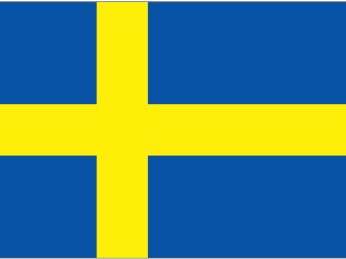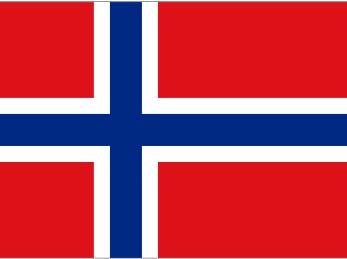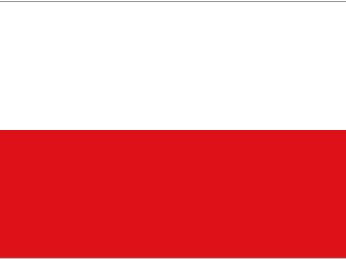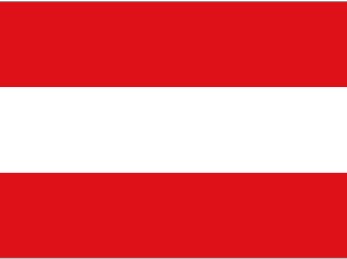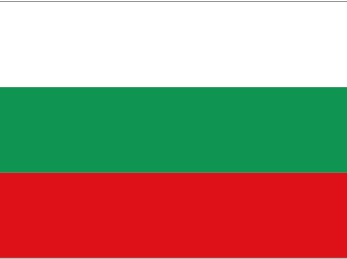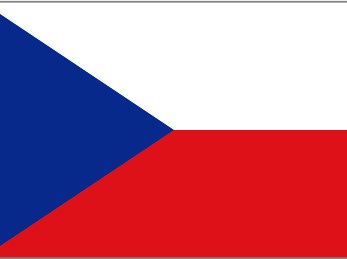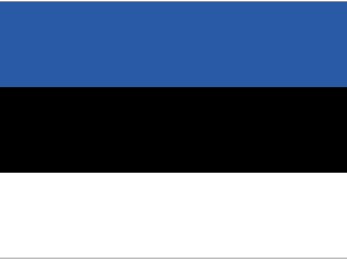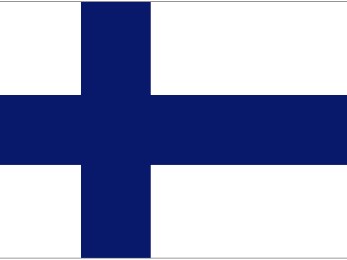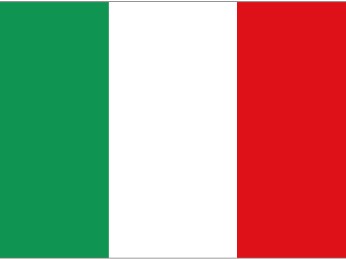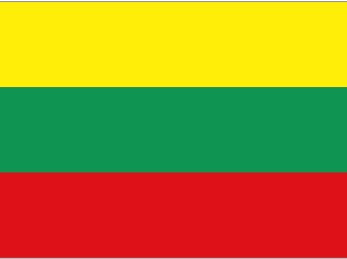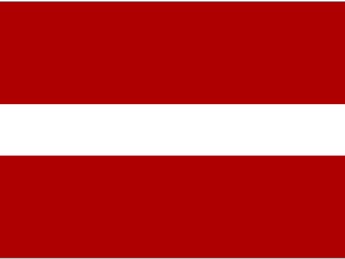СОВЕРШЕННЫЙ СОВЕТНИК ТРЕТЬЕЙ СТРАНЫ НАЦИОНАЛЬНЫЕ ХУДОЖНИКИ, ПУТЕШЕСТВУЮЩИЕ В ЕВРОПЕЙСКИЙ СОЮЗ
Мобильность художников - приглашение художников, деятелей культуры, туристических групп и других лиц из стран, где требуется виза, в Европейский Союз
Что нужно артистам из третьих стран для гастролей по странам Евросоюза?
Если вы артист, тур-менеджер, промоутер или организация живого выступления, рано или поздно вы захотите приехать и выступить в Европе. В настоящее время артисты и другие культурные профессионалы очень мобильны, выступая за границей чаще, чем в своей стране происхождения. Выступая за границей, могут возникнуть проблемы с визами и другими разрешениями. С момента создания Шенгенской зоны и объединения законодательной базы в Европейском Союзе, это может быть немного проще, но проблема все еще остается.
Существуют организации, занимающиеся оказанием помощи артистам и менеджерам в решении проблем с визами и другими проблемами, связанными с артистами из третьих стран, выступающими в Европе, такими как PEARLE*-LIVE EUROPE, Ассоциация работодателей исполнительских искусств в Европе.. В рамках проекта EFA-RISE2, который частично финансируется Европейским Союзом, Перл создал «Окончательную кулинарную книгу для культурных менеджеров по визам для национальных художников третьих стран, путешествующих в Шенгенскую зону»очень полезный документ с основными рекомендациями и информацией для понимания. основы виз и разрешения на работу для художников и других фрилансеров. Вы также можете посетить их веб-сайт для получения более подробной информации об организации или о проектах EFA-RISE и прочитать последний призыв от 19 декабря 2018 года из 80 организаций из сектора культуры к европейским институтам, чтобы учесть конкретные потребности этого сектора в обеспечить прозрачные и простые процессы подачи заявок при приглашении художников, специалистов в области культуры, гастролирующих групп и других лиц из стран, в которых требуется виза.
Они подчеркивают, что сектор культуры в Европе желает прозрачных и простых процессов подачи заявок при приглашении художников, специалистов в области культуры, гастролирующих групп и других лиц из стран, где требуется виза. Разнообразное культурное предложение в европейских концертных залах и аренах, театрах и фестивалях, городских мероприятиях или других культурных инициативах позволяет привлекать аудиторию, генерировать доходы для культурного и творческого секторов, а также для других секторов экономики (туризм, бары, рестораны, отели…) и общедоступные источники.
В заявлении представлены конкретные вопросы, по которым он призывает европейские институты принять их во внимание.
ECOVIS резюмировал, что вам нужно сделать, чтобы организовать живое выступление артистов из третьих стран в Европейском Союзе (или в Шенгенской зоне в целом), и что художники должны получить, чтобы на законных основаниях остаться и выступить в Европе, особенно в отношении исключений в отношении разрешений на работу в следующие страны Австрия, Болгария, Чехия, Эстония, Финляндия, Италия, Литва, Латвия, Норвегия, Польша, Швеция и т. д. В некоторых аспектах наша статья может быть сосредоточена на каком-то аспекте более подробно, чем The Ultimate Cookbook, однако нет никакой возможности охватить весь объем информации, касающейся художников из третьих стран в Европейском Союзе. Если после прочтения этой статьи у вас все еще есть какие-либо вопросы, пожалуйста, не стесняйтесь обращаться в наш офис ECOVIS для получения более подробной информации.
Виза ЕС, разрешение на работу и исключения в странах ЕС
Проживание в шенгенской зоне
Все иностранцы из третьих стран, прибывающие в Шенгенскую зону, нуждаются в визе определенного типа. Это правило частично нарушается Регламентом Совета (ЕС) № 539/2001 от 15 марта 2001 года, в котором перечислены третьи страны, граждане которых должны иметь визы при пересечении внешних границ, и те, граждане которых освобождены от этого требования. Граждане третьих стран, не освобожденные от требования о получении визы и намеревающиеся остаться исключительно для целей проживания, могут получить либо краткосрочную визу (шенгенскую), либо долгосрочную визу.
Краткосрочные визы (шенгенские визы, визы типа С)
Как и все визы, шенгенские визы действительны только в течение определенного периода времени. Срок действия указан на визовой наклейке. Обычно шенгенские визы действительны во ВСЕХ 26 шенгенских государствах. Если вы получили многократную визу со сроком действия не менее 6 месяцев, то вы имеете право провести 90 дней в любом 180-дневном периоде в Шенгенской зоне. Шенгенские визы согласованы для всех государств Шенгенской зоны, и процедура предоставления такой визы унифицирована.
Долгосрочные визы (визы типа D)
Long-term visas (also called “national visas”, Czech business visa), are granted solely by member states of Schengen Zone for the period exceeding 90 days. Even though it also includes a short-term visa, granting of long-term visa is governed by national legislations of member states. Long-term visa grant foreigner to reside in a member state, by which it was granted for the period stated in visa, and also entitle the foreigner to travel and reside in other states of Schengen Zone for the total period of 90 days. Long-term visas are granted on the presumption the foreigner intends to reside mainly in the state, where visas were granted.
Do I need a work permit in EU countries as an artist?
If a foreigner from the third country intends to work in Schengen Zone, he is required to obtain a work permit in one of the member states of Schengen Zone; Czech employee card. Without such work permit, the foreigner is working illegally and might be a subject to administrative expulsion. Such penalty might make it very difficult for the foreigner to obtain other work permit or visa in the future. But what about free occupations, such as artists, performers and other cultural professionals, working abroad all the time, staying in one place only for a short period of time?
Exceptions from work permits in EU countries exist
There are exceptions for the specific groups of people to work without work permit, if they fulfil conditions given by member states in Schengen zone.
But first of all, there is NONE unified regulation regarding those exceptions, it is solely up to member states, whether they grant such exception or not. National legislatives differ across the European Union, and it might not be easy to grasp. In many cases the key is that the performance of artist is only temporary, mostly only for a few days.
ECOVIS prepared a table of exceptions for artists including several member states of Schengen zone, where we focused mainly on activities of artists, cultural professionals and live performance organisations. As you can see in the table provided below, a number of countries have special rules for performing artists, when staying for a very short period of time. You can find our table of exceptions below.
Problems with long-term tours exceeding 90-days might occur…
If a tour is scheduled for the period exceeding 90 days, please note that the range of problems that might occur is a lot wider. While first 90 days shall be covered by the “Schengen visas” (short term C-type visas), after their expiration, additional visas will be needed. For long term D-type visas, every country within Schengen area has its own rules. While somewhere the procedure might be quick, in other states there might be further conditions to fulfil. A lot of Schengen countries need a specific “reason” for the D-type visa to be granted, such as a permanent residence (address where the foreigner is actually residing at), work contracts, business commitments or invitation from specific entities in that country. Please note, that purpose of D-type visas is not to exceed the 90 days period after the Schengen visas expire, but to provide foreigners with the possibility of working and living in the country issuing such long-term visas.
Performing without visas?
Under some circumstances, you can perform without holding a visa. You should be able to perform within the visa-free period if your country is listed as exemption of holding visa duty for crossing external borders in Council Regulation (EC) No. 539/2001 of 15 March 2001, but you still have to remember, that a work permit is required to be managed in time, if the country does not have any exemptions for performers and artists. If your country does not provide any visa-free period in Schengen zone, you will always have to obtain a visa.
What are the consequences of overstaying in Schengen area?
There are various consequences of overstaying in Schengen area depending on the length of days you overstayed within the Schengen area. Also, the gravity of the consequences given may also depend on which Schengen country you are exiting from. Please note, that there is no unified law on penalties within member states of Schengen.
The first possible consequence for any traveler who overstays is to be charged a monetary fine. The amount of fine will depend on where you are exiting from and the number of days you have overstayed.
The next possible consequence is to be placed in the immigration hotlist. Since you have overstayed, then the immigration officers will definitely doubt your reasons for overstaying; hence will put you in the immigration hotlist. You may have difficulty renewing your Schengen visa if your name will be put on that list. You can also be banned from re-entering the Schengen area for up to 3 years directly.
The worst possible consequence is to be deported back to your country. Deportation only happens to travelers who have worked illegally or have done illegal transactions within the Schengen area. If you intend to work illegally and have been caught, expect to be deported right away with a ban of entry stamp on your passport.
How to prevent these consequences of overstaying in Schengen area?
Overstaying in Schengen zone never goes unnoticed, as every entry or departure of Schengen zone is registered by immigration authorities. If you are already overstaying in Schengen area unintentionally or for a medical reason, because of flight cancelation etc., you should seek assistance at your country’s embassy or consulate in the Schengen area, where you will be asked for your reason for overstaying. You might be charged a monetary fine about 500 € (this might differ in every member state) if your reason is work or business, but they can provide you an amnesty and help you to leave Schengen zone without any further penalties as being placed on the immigration hotlist or being banned to re-enter Schengen area.
ECOVIS - ONE STOP SHOP FOR ARTISTS, CULTURAL PROFESSIONALS, TOUR PROMOTER AND LIVE PERFORMANCE ORGANISATIONS
How to manage a visa or work permit in Schengen countries?
Due to consequences of not having a valid visa listed above, we do highly recommend to manage your visas and work permits in sufficient lead. Visas are managed at embassies of the state, which you are planning to visit and the list of required documents should be available at webpage of the particular embassy. The work permit is handled at the appropriate migration office of the target state, which should be listed on the webpage of embassy as well.
The whole process of obtaining a visa or work permit can take up to 60 days, but we recommend managing visas or work permits at least 6 months before your planned trip begins because of obstacles that may occur during the process, especially if you are planning a tour which is longer than 90 days.
If you need assistance with obtaining visas and/or work permits, or you have additional questions on the matter, please do not hesitate to contact ECOVIS offices. In the table below, you can find the list of contact persons from ECOVIS offices in many of Schengen states, who are ready to help you and to provide you with more detailed information on this matter.
EXEMPTION FROM WORK PERMIT FOR ARTISTS AND FOR OTHER SPECIFIC PERSONS OR GROUPS OF PERSONS
LIST OF SELECTED EU COUNTRIES
Austria
Bulgaria
Czech Republic
Estonia
Finland
Italy
Lithuania
Latvia
Norway
Poland
Sweden
For more information, contact us at:
ECOVIS ježek, advokátní kancelář s.r.o.
Betlémské nám. 6
110 00 Praha 1
e-mail: mojmir.jezek@ecovislegal.cz
www.ecovislegal.cz
About ECOVIS ježek advokátní kancelář s.r.o.
The Czech law office in Prague ECOVIS ježek practices mainly in the area of Czech commercial law, Czech real estate law, representation at Czech courts, administrative bodies and arbitration courts, as well as Czech finance and banking law, and provides full-fledged advice in all areas, making it a suitable alternative for clients of international law offices. The international dimension of the Czech legal services provided is ensured through past experience and through co-operation with leading legal offices in most European countries, the US, and other jurisdictions. The Czech lawyers of the ECOVIS ježek team have many years of experience from leading international law offices and tax companies, in providing legal advice to multinational corporations, large Czech companies, but also to medium-sized companies and individual clients. For more information, go to www.ecovislegal.cz/en.
The information contained on this website is a legal advertisement. Do not consider anything on this website as legal advice and nothing on this website is an advocate-client relationship. Before discussing anything about what you read on these pages, arrange a legal consultation with us. Past results are not a guarantee of future results, and previous results do not indicate or predict future results. Each case is different and must be judged according to its own circumstances.


